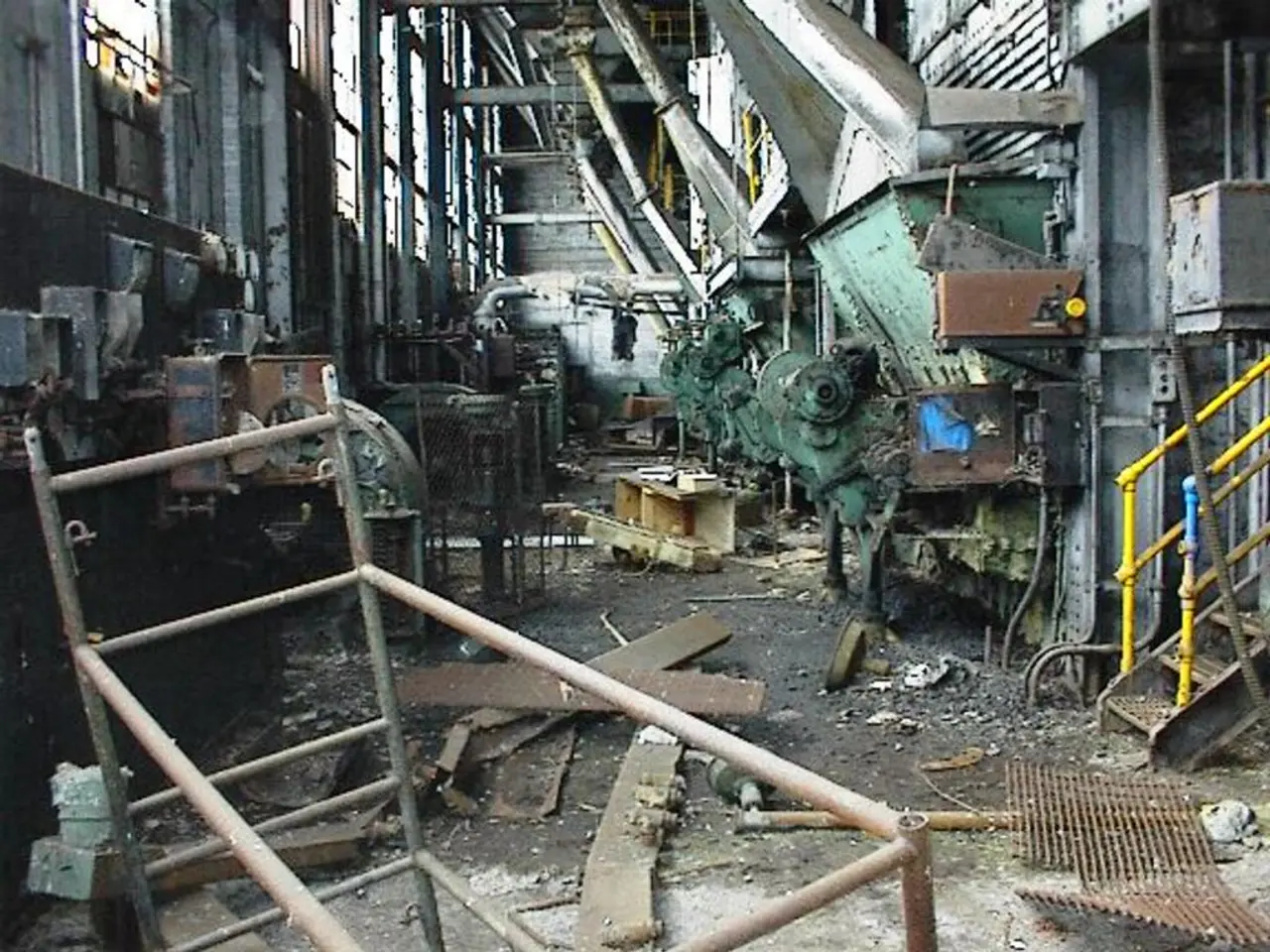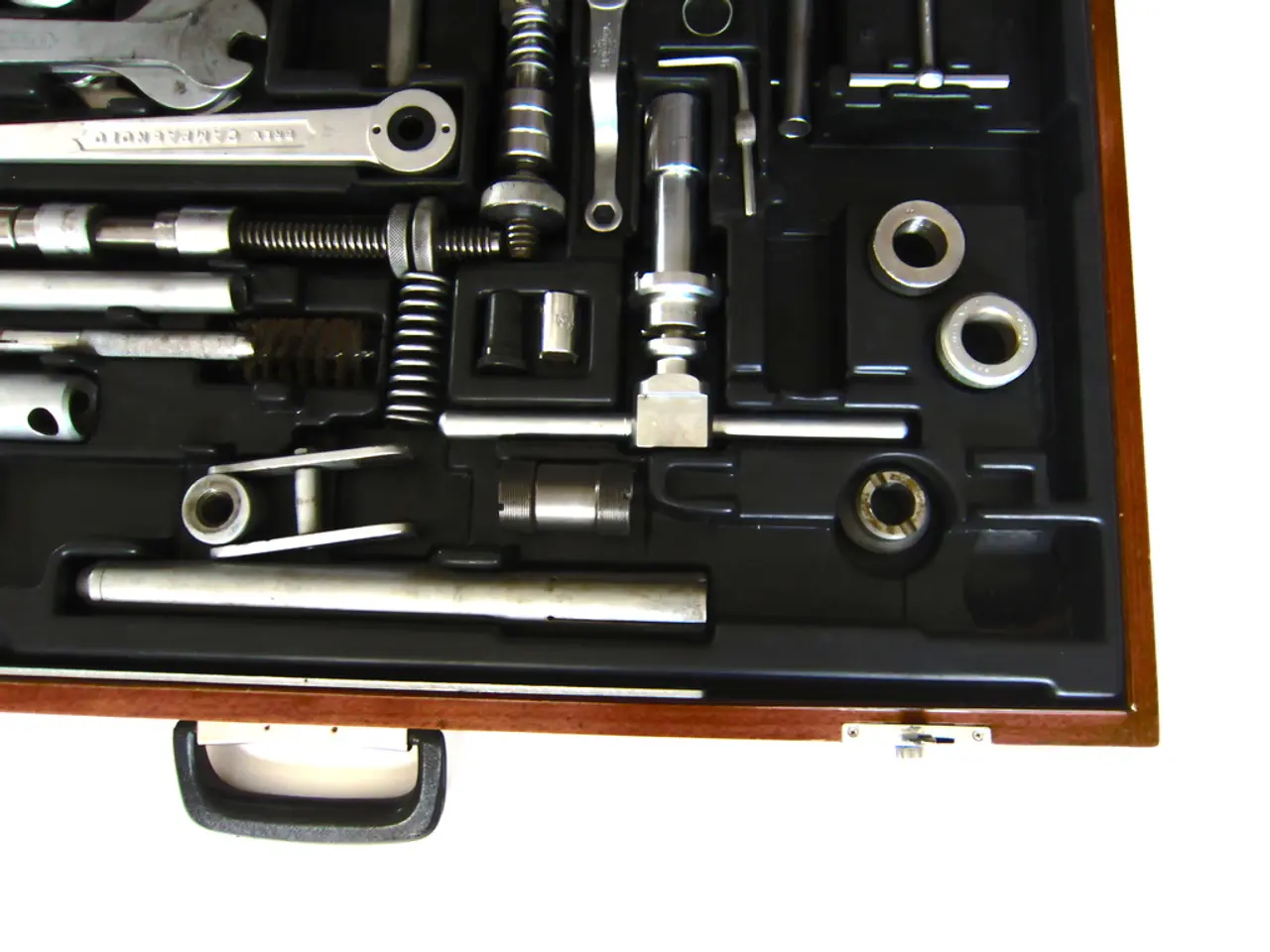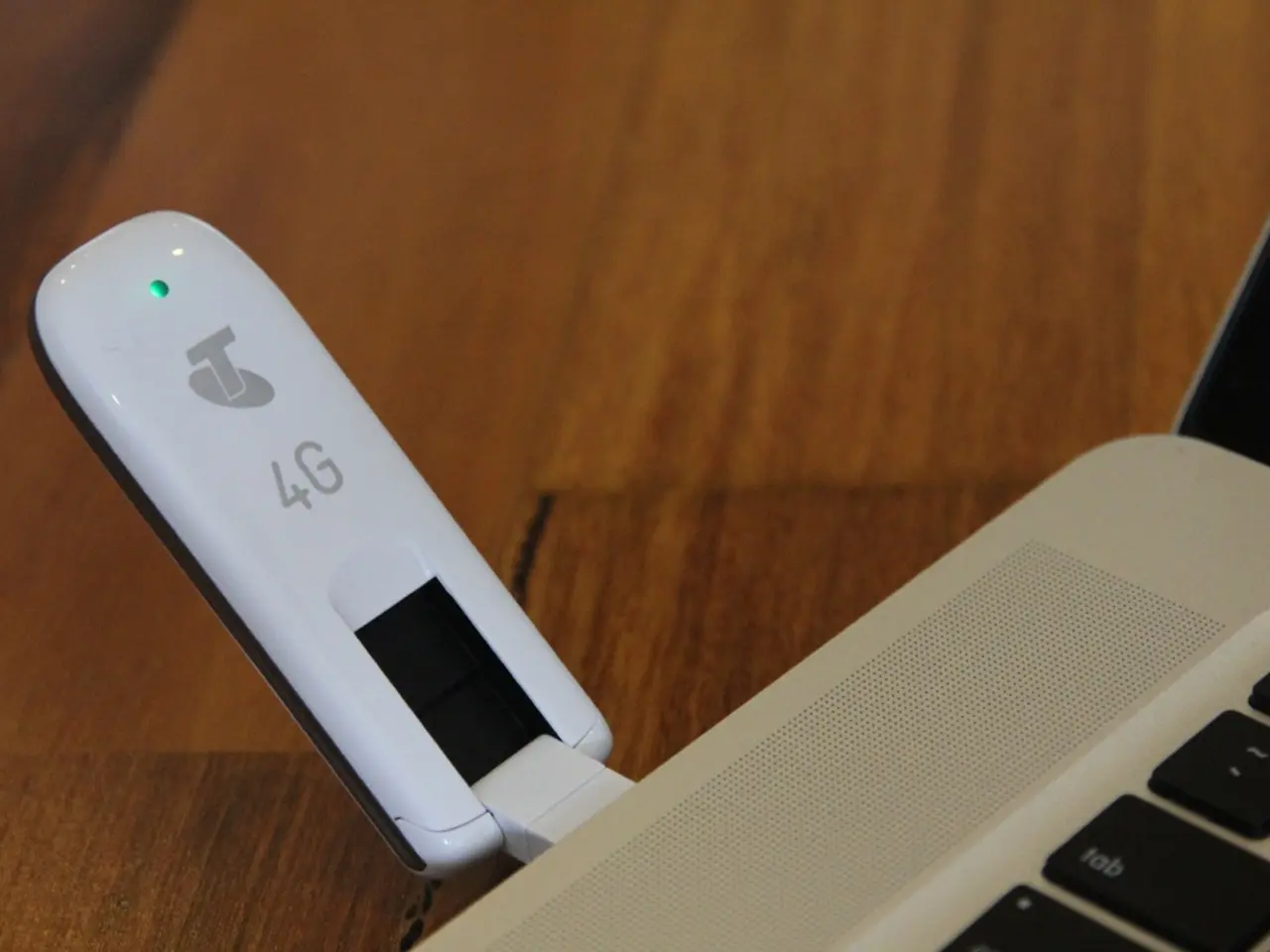Investment pursuit continues for Magdeburg following Intel's refusal
In a significant turn of events, Intel has officially cancelled its planned chip factory construction in Magdeburg, Saxony-Anhalt[1][3][4]. The company's decision, attributed to weak market demand and the need to streamline global production, marks the end of a major industrial project in Germany.
Initially, the project was expected to involve a €30 billion investment and create 3,000 direct jobs, with potential indirect employment for up to 18,000 individuals in the region[1][3]. The factory was part of Intel's strategy under former CEO Pat Gelsinger to lead a recovery by becoming a contract manufacturer and expanding chip production capacity in Europe to reduce dependence on Asia[1][3].
The cancellation, which was confirmed in July 2025, follows a two-year hold on the project, a move widely perceived as a precursor to its termination[2][3]. Intel also cancelled other planned factories, including one in Poland, as part of a broader cost-cutting and spending discipline initiative[2][3].
As for the abandoned site in Magdeburg, no concrete plans for its reuse have been announced yet[1][2][3][4]. The city of Magdeburg, however, has indicated its intention to buy back the land originally sold to Intel and put it back on the international market[5].
The cancellation has not deterred the city of Magdeburg or the federal government from pursuing high-tech projects. Minister President Haseloff considers it positive that clarity has been achieved regarding the Intel plans, and the focus in Magdeburg will remain on attracting other high-tech companies[6]. The federal government has also promised incentives for more chip production and at least three new factories in Germany as part of its high-tech agenda[7].
Eastern Germany, despite the setback, remains one of the most important clusters of global semiconductor production. The federal government aims to continue promoting this development, with the new coalition sharing the same view[8]. Commissioner for eastern Germany, Elisabeth Kaiser, emphasized that the Intel decision was an entrepreneurial decision, not a rejection of the location[9].
The almost ten billion euros in subsidies for the Intel project in Magdeburg had been criticized as an immense sum[10]. After the project was postponed in the fall, the money had already been reallocated, and there are no new financial leeway[11].
Despite the cancellation, the semiconductor industry in Germany continues to grow. FMC (Ferroelectric Memory Company) has announced a factory for memory chips in the new industrial park in Magdeburg[12]. New chip factories are also under construction in Dresden[13]. Intel, for its part, has stated that it will only expand capacities in the future if there is sufficient customer demand[14].
References: 1. Intel cancels chip factory in Magdeburg 2. Intel cancels chip factory in Magdeburg: Here's what's next 3. Intel cancels chip factory in Magdeburg: What does it mean for Germany? 4. Intel cancels chip factory in Magdeburg: What happens next? 5. Magdeburg wants to buy back land from Intel 6. Haseloff: Clarity achieved regarding Intel plans in Magdeburg 7. New coalition promises incentives for chip production in Germany 8. Eastern Germany remains important for semiconductor production 9. Kaiser: Intel decision not a rejection of location 10. Subsidies for Intel project in Magdeburg criticized as immense 11. No new financial leeway after Intel project postponement in Magdeburg 12. FMC announces memory chip factory in Magdeburg 13. New chip factories under construction in Dresden 14. Intel to expand capacities only if there is sufficient customer demand
Although Intel has scrapped its plans for a chip factory in Magdeburg, potentially impacting 3,000 direct jobs and 18,000 indirect ones, the city remains optimistic about technology-focused projects. Minister President Haseloff and the federal government are actively pushing for the attraction of high-tech companies, including in the sports tech sector.




